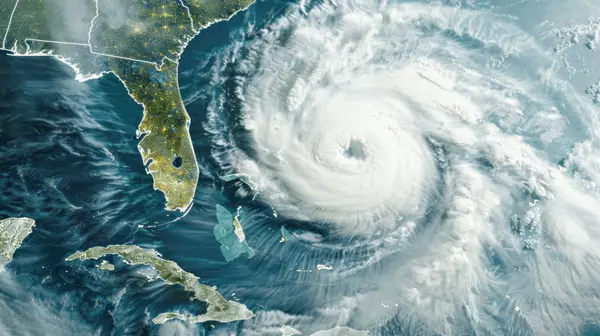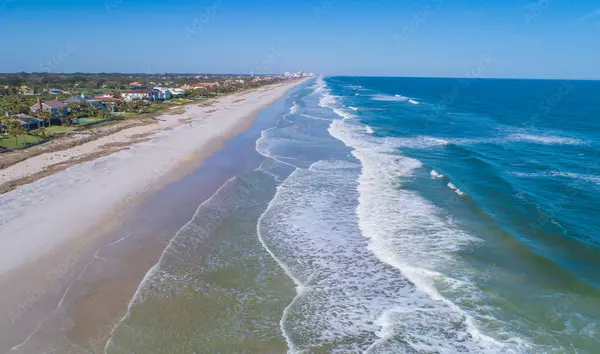Our Latest Blogs
Things to Know BEFORE Moving to Jacksonville Florida
Welcome to Jacksonville!
Jacksonville is a city of great opportunity. It has tons of options for job seekers and homeowners, making it an ideal place to live.
It’s the largest city in the continental US
Jacksonville, Florida, is the largest city in the continental United States. It is also the most
Yasha Wells
Phone:+1(904) 343-4461


